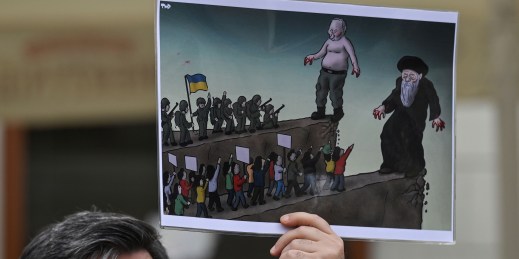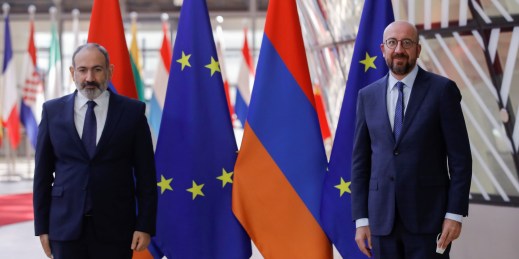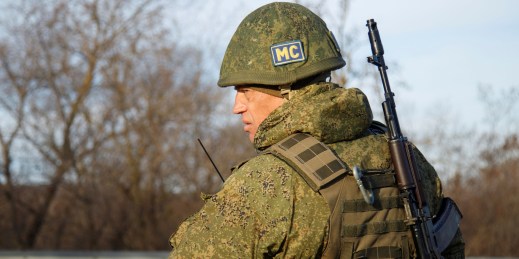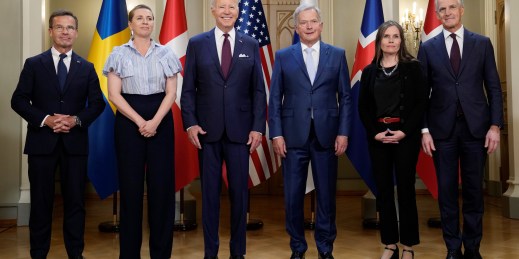
Whether Russia in Ukraine or Iran in the Middle East, authoritarian regimes flexing their military muscles can generate a sense of irresistible momentum that fuels anxiety among more open societies. Yet if one looks at how both these regimes are coping with social change, what initially seems unstoppable begins to look less ominous.



